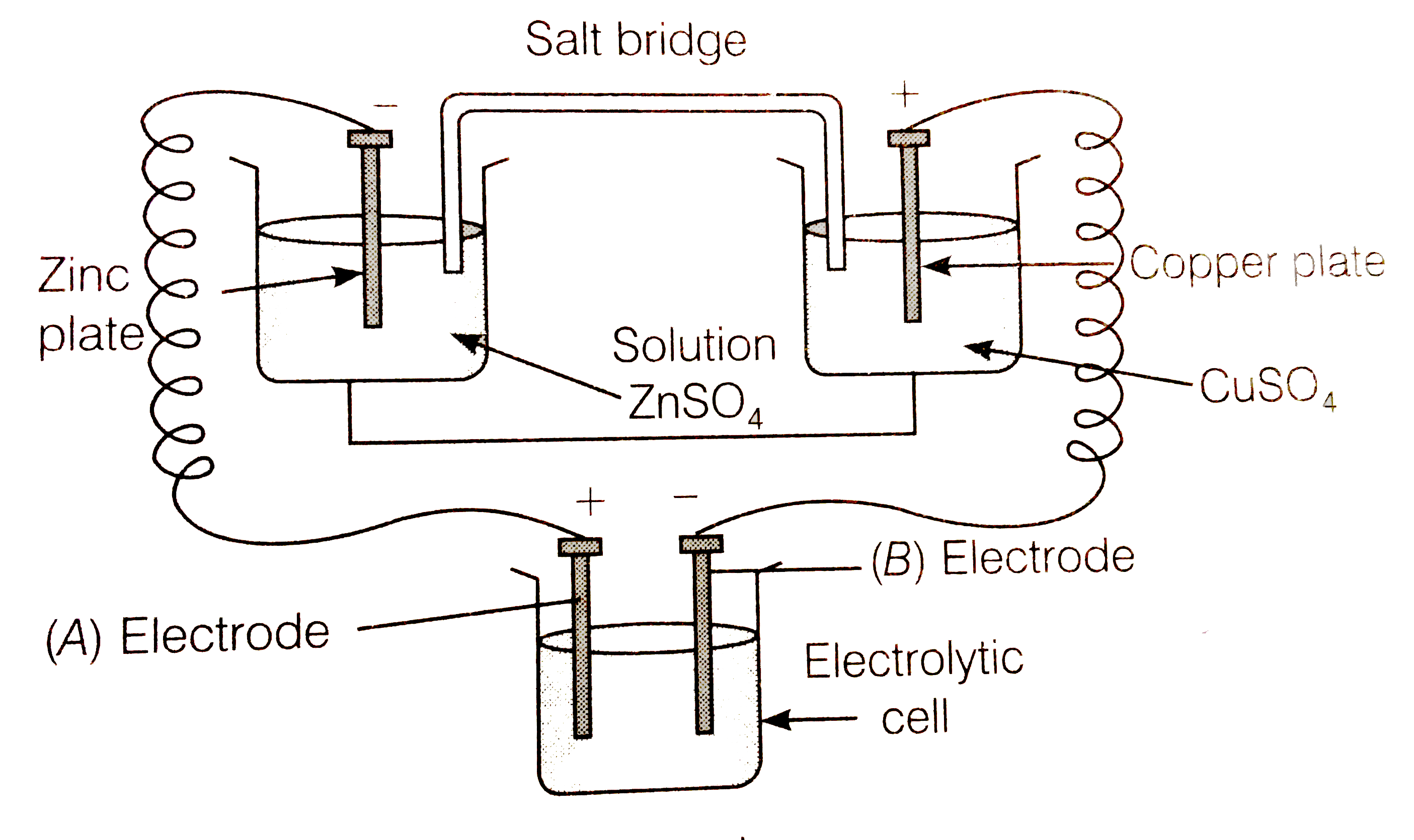In an electrolyte the particles which contribute to electricity are
electrons
protons
neutrons
ions
Step-by-Step Solution:
1. Understanding Electrolytes: An electrolyte is a substance that, when dissolved in water or melted, produces a solution that can conduct electricity. This is due to the movement of charged particles.
2. Identifying the Charged Particles: In an electrolyte, the particles that contribute to the conduction of electricity are called ions.
3. Types of Ions: There are two types of ions:
- Cations: These are positively charged ions. They are formed when an atom loses one or more electrons.
- Anions: These are negatively charged ions. They are formed when an atom gains one or more electrons.
4. Role of Ions in Conductivity: When an electrolyte dissolves in water, the cations and anions are free to move. This movement of charged ions allows the electrolyte solution to conduct electricity.
5. Conclusion: Therefore, in an electrolyte, the particles which contribute to electricity are ions, specifically cations (positive ions) and anions (negative ions).
---
- Cations: These are positively charged ions. They are formed when an atom loses one or more electrons.
- Anions: These are negatively charged ions. They are formed when an atom gains one or more electrons.
Topper's Solved these Questions
- ELECTRICITY AND MAGNETISM BOOK - ICSECHAPTER - ELECTRICITY AND MAGNETISM EXERCISE - EXERCISE (SECTION I) (Write T for True and F for False. Correct the false statements)
6 Videos
- ELECTRICITY AND MAGNETISM BOOK - ICSECHAPTER - ELECTRICITY AND MAGNETISM EXERCISE - EXERCISE (SECTION I) (Choose the correct option to fill in the blank)
15 Videos
- ELECTRICITY AND MAGNETISM BOOK - ICSECHAPTER - ELECTRICITY AND MAGNETISM EXERCISE - EXERCISE (SECTION I)
9 Videos
- ENERGYBOOK - ICSECHAPTER - ENERGYEXERCISE - EXERCISE (PICTURE STUDY)
3 Videos
Similar Questions
Knowledge Check
The particles present in strong electrolytes are
Aonly moleculesBmainly ionsCions ad moleculesDonly atomsA weak electrolyte is one which ........
Adissociates completelyBis feebly ionised in the solutionCionises completelyDis having high electrical conductivityWhich one is an electrolyte ?
ACH4BC6H12O6CNaClDN2C4
Which of the following can contribute to genetic drift?
View SolutionConsider the following diagram in which an electrochemical cell is coupled to an electrolytic cell. What will be the polarity of electrodes 'A' an d 'B' in the electrolytic cell?

View SolutionThe separation of colloidal particles from the particles having molecular dimensions by electricity is known as
View SolutionAssertion (A):β− particles are deflected more than α− particles in a given electric field.
Reason (R):Charge on α− particles is larger than on β−particles.
View SolutionA strong electrolyte is one which .......
View Solution
